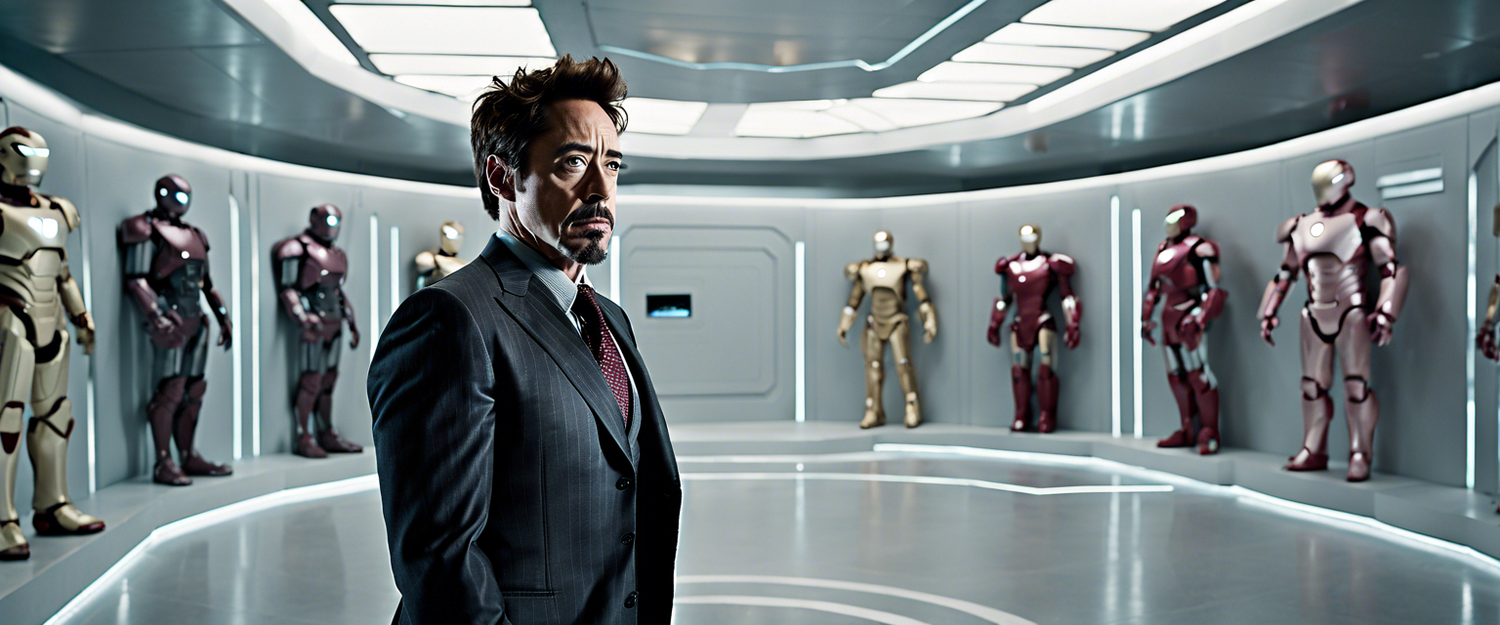The Controversy Surrounding Generative AI in Hollywood
Generative AI is rapidly transforming various industries, but its implications in the film and entertainment sector have stirred considerable debate. Recent statements from Robert Downey Jr., widely known for his portrayal of Tony Stark in the Marvel Cinematic Universe, highlight the growing concern among actors regarding the use of their digital likenesses.
Robert Downey Jr.'s Stance on Digital Replicas
In a recent episode of the podcast On With Kara Swisher, Downey Jr. voiced his strong opposition to the unauthorized use of his digital likeness through generative AI technologies. He explicitly stated that he would pursue legal actions against any executives attempting to create a digital replica of him without proper consent. While he expressed trust in the current executives at Marvel Studios, he remains vigilant about potential future misuse of his likeness.
Protecting Likeness After Death
Downey Jr. emphasized that his legal team is prepared to guard his likeness even after his death, indicating a significant concern about the longevity and implications of digital replicas in the entertainment industry.
Experience with Digital Replication
Despite his apprehensions, it's noteworthy that Downey Jr. has previously permitted the digital replication of his likeness in films such as the Avengers series and was digitally de-aged in Captain America: Civil War. However, he maintains that he has a minimal emotional connection with these digital portrayals, as he prioritizes his real-life experiences.
Exploring AI in Theater: Downey Jr.'s Latest Project
Currently, Robert Downey Jr. is exploring the intersection between AI and storytelling in the Broadway play McNEAL, where he portrays a novelist who employs AI to craft his latest work. The script, co-written by Ayed Akhtar, integrates generative AI into its narrative, aiming to blend magic with realism and raise questions on creativity in the modern age.
Industry Division on AI Use
The film industry stands divided on the use of generative AI. Actor Nicolas Cage has voiced his criticism, labeling the technology as "inhumane" and accusing studios of misrepresenting actors through digital alterations post-production. This division is highlighted by the recent SAG-AFTRA agreement with the Alliance of Motion Pictures and Television Producers.
The 2023 Agreement
The 2023 agreement allows studios to create digital replicas, allowing both involved and uninvolved actors to be digitally re-created. While this makes digital replication possible for motion pictures, the ongoing strike by SAG-AFTRA underscores the union's efforts to protect actors' rights, particularly in video game production.
Protecting Performers' Rights
During the strike, SAG-AFTRA is advocating for the requirement of consent from performers when studios wish to use AI to replicate their voices, likenesses, and performances. Furthermore, the union is pushing for fair compensation for the use of digital replicas in gaming.
Conclusion: The Future of AI in Entertainment
As the conversation around generative AI continues to evolve, actors like Robert Downey Jr. and Nicolas Cage are at the forefront, voicing concerns about the implications of this technology on creativity, ownership, and the avatarization of human talent. The future will likely see ongoing debates on how to balance technological advancements with ethical standards and the rights of artists.



Оставить комментарий
Все комментарии перед публикацией проверяются.
Этот веб-сайт защищается hCaptcha. Применяются Политика конфиденциальности и Условия использования hCaptcha.